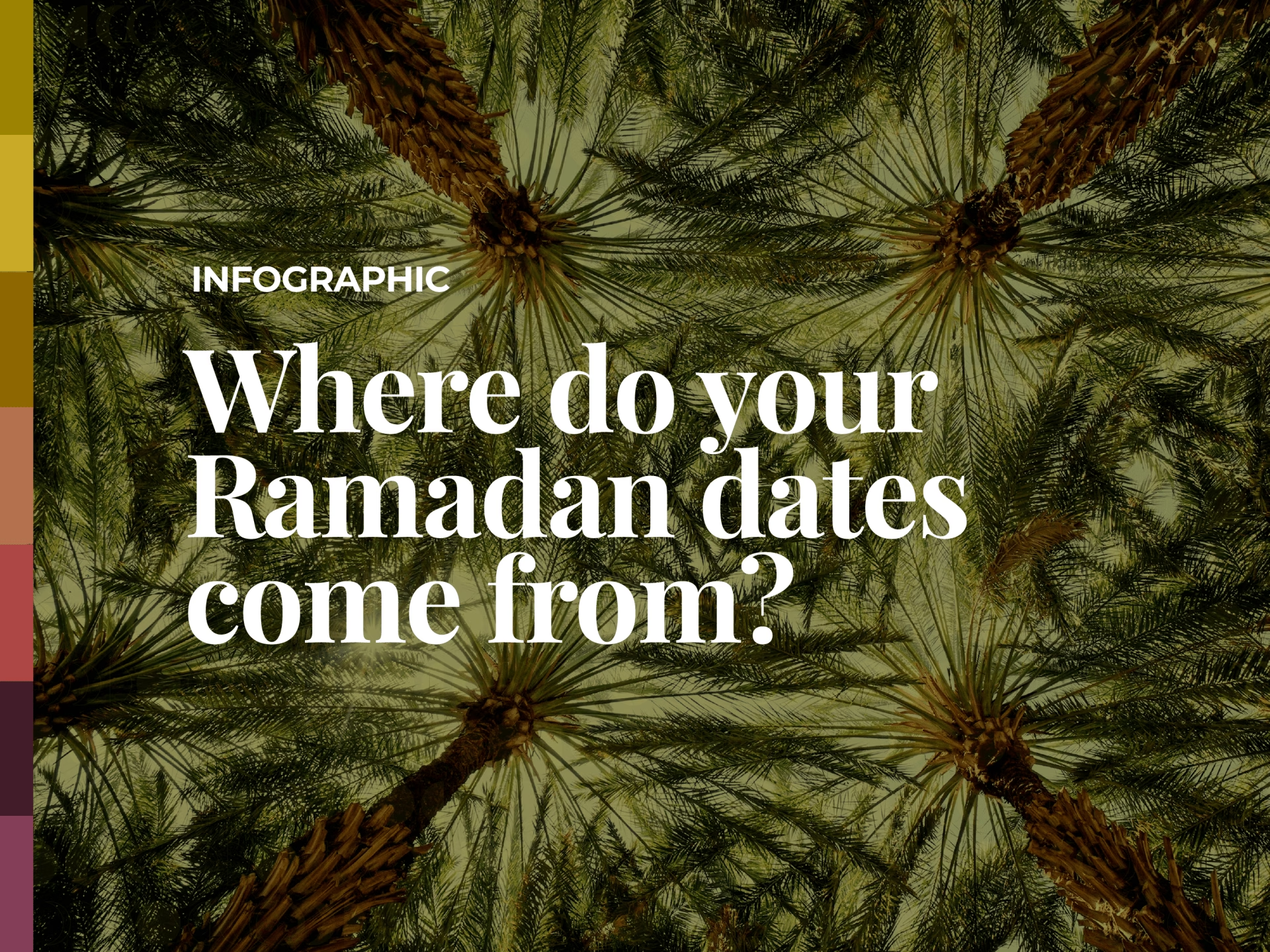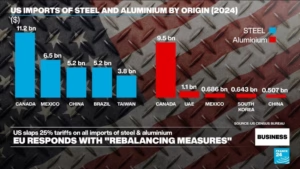As the sun sets during Ramadan, numerous Muslims end their fast with a sweet, brown dried fruit that has been treasured in the Middle East for hundreds of years.
Over the course of 29 or 30 Ramadan days, many Muslims abstain from eating, drinking, smoking, and sexual interactions from dawn until sunset, striving to enhance their awareness of God, called taqwa.
Ending one’s fast with dates and water is rooted in the Prophet Muhammad’s religious teachings and is specifically mentioned in the Quran due to its nutritional value.
What are the different types of dates?
Dates, whether fresh or dried, contain crucial vitamins, minerals, and fiber, and are also rich in antioxidants.
Given their high-level fructose content, a natural sugar found in fruits, dates are an excellent source of energy, particularly after a lengthy day of fasting.
Numerous types of dates exist, with varying tastes and textures:
Medjool: renowned for their large size, sweet taste, amber color, and rich flavor.
Mabroom: less sweet than other types of dates, with an elongated shape, reddish-brown hue, and chewy consistency.
Ajwa: boasting a soft, fleshy, almost juicy feel and an intensely sweet taste, Ajwa dates are highly valued by Muslims, as they are grown in Medina, Saudi Arabia.
Deglet Noor: medium-sized, lighter in color and suitable for cooking and baking.
Piarom: featuring darker skin, a rich flavor, slightly dry and known for their unique taste.
Interesting facts about dates
For thousands of years, dates have been cultivated. Date palms can be male or female, and only the female plants produce fruit.
A well-maintained date palm tree can survive for over 100 years, and a mature tree can yield above 100kg (220 pounds) of dates per harvest season – around 10,000 dates.
The Ajwa date is the most expensive globally.
Top date producers
In 2022, around 10 million tonnes of dates were produced worldwide, according to Tridge, a food and agriculture database.
Date palms prefer countries with prolonged, hot summers, such as those found in the Middle East and its surrounding regions.
Egypt leads the world in date production, accounting for nearly 18 percent of the global supply, followed closely by Saudi Arabia with approximately 17 percent, and Algeria rounding out the top three at 13 percent.
Call to boycott Israeli Dates
Israel is one of the world’s largest exporters of dates, selling Medjool dates worth $330m abroad in 2022. Amid Israel’s war on Gaza, which has caused over 61,000 deaths, several groups have advocated for a boycott of Israel-related products.
The Boycott, Divestment, Sanctions Movement (BDS), a Palestinian-led initiative that opposes Israeli apartheid and settler colonialism, urges consumers to check labels and avoid purchasing dates produced or packaged in Israel or its settlements in the occupied West Bank, which are deemed illicit under international law.
They recommend steering clear of the following brands: Hadiklaim and its subsidiaries (King Solomon, Jordan River, and Jordan River Bio-Top), Mehadrin, MTex, Edom, Carmel Agrexco, and Arava.
Source: https://www.aljazeera.com/news/2025/3/12/ramadan-2025-which-countries-grow-the-most-dates?traffic_source=rss







